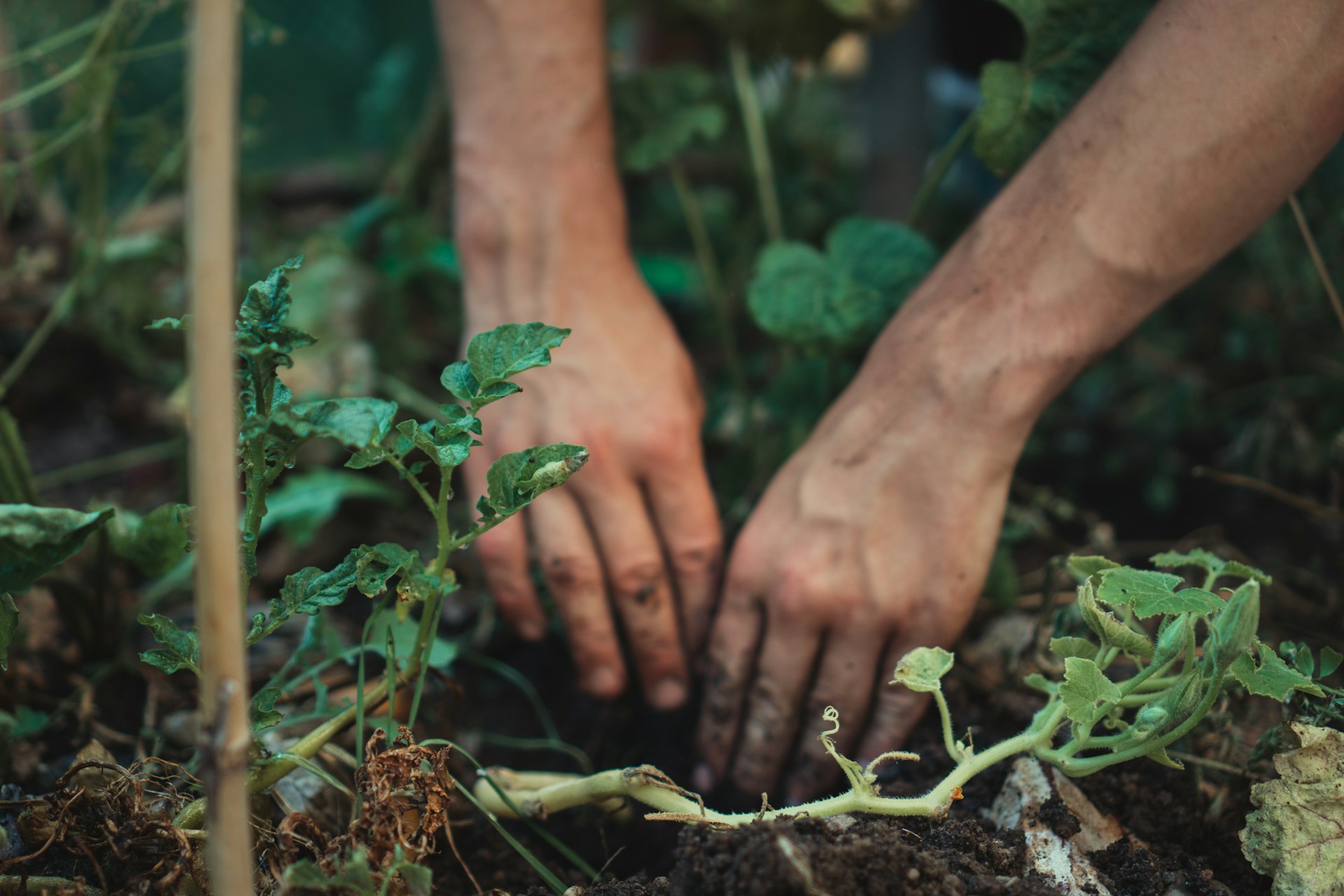Spring is just around the corner, and in Snellville, Georgia, that means it’s time to roll up your sleeves and get your garden ready for a season of growth and beauty. Whether you’re a seasoned gardener or just starting, these essential tasks will help you make the most of your outdoor space. Let’s dig in—pun intended!
1. Clean Up Your Garden
First things first: Clear out the remnants of winter. Rake up leaves, remove dead plants, and tidy up any debris that’s accumulated over the colder months. This will make your garden look better and help prevent pests and diseases from setting up shop in your soil.
While you’re at it, prune summer-flowering shrubs like hibiscus and oleander before they wake up from their winter slumber. For spring-flowering shrubs, wait until their blooms fade before giving them a trim. Timing is everything!
2. Test and Prep Your Soil
Healthy soil is the foundation of a thriving garden. If you haven’t tested your soil in a while, now’s the time to do it. You can take a sample to your local county extension office for analysis. Based on the results, amend your soil with compost, manure, or other organic matter to improve its structure and fertility.
Snellville’s soil often benefits from lime or sulfur to balance its pH levels—just follow the recommendations from your test results. Also, don’t forget to turn over the soil to aerate it and mix in those nutrients.
3. Plan Your Plantings
Spring is the prime planting season in Georgia, so get those seed catalogs out! Hardy vegetables like radishes, turnips, and spring onions can go in early, while warm-season crops such as tomatoes, peppers, beans, and squash should wait until after the last frost.
For flowers, consider planting cold-season annuals like dianthus early in the month. Once frost danger has passed, switch to warm-season beauties like zinnias, cosmos, and impatiens. Want summer blooms? Plant bulbs like dahlias and cannas now.
Pro tip: Stagger your plantings every few weeks to enjoy a continuous harvest or bloom cycle throughout the season.
4. Mulch Like a Pro
Mulch is your garden’s best friend—it retains moisture, regulates soil temperature, and keeps weeds at bay. Apply a fresh layer around shrubs, flowers, and vegetables. Organic mulches like pine straw or wood chips work well in Snellville’s climate.
If you’re planting warm-season vegetables or flowers later this month, wait until they’re established before mulching to avoid trapping excess moisture around tender roots.
5. Check Your Tools and Irrigation
Before you start planting, make sure your tools are in good shape. Sharpen pruners, clean shovels, and oil any moving parts. A little maintenance now will save you headaches later.
Also, inspect your sprinkler system or hoses for leaks or clogs. Proper watering is crucial for new plants as they establish roots—and after all that effort prepping your garden, you don’t want thirsty plants!
6. Watch Out for Pests
Spring brings new life—and, unfortunately, new pests. Keep an eye out for common culprits like aphids and caterpillars. A simple soapy water spray can help control aphids on leaves without resorting to harsh chemicals.
If you spot signs of disease on plants (yellowing leaves or spots), remove affected areas promptly to prevent spread.
7. Fertilize Strategically
Fertilizing gives plants a much-needed boost as they emerge from dormancy. Once frost danger has passed, use slow-release nitrogen fertilizers for lawns—this keeps them lush without overgrowth.
Choose fertilizers designed specifically for acid-loving plants for flowering shrubs like azaleas and camellias. And don’t forget to side-dress early-planted crops with compost for an extra nutrient kick.
8. Get Your Lawn Spring-Ready
Your lawn deserves some love, too! If bare patches have appeared over winter, overseed with grass varieties suited to Snellville’s climate (like Bermuda or Zoysia). Mow at recommended heights—St. Augustine grass thrives at 3–4 inches while Centipede grass prefers 1.5–2 inches.
Applying pre-emergent herbicides can also help control summer weeds before they sprout.
Why Gardening in Snellville Is Worth It
Preparing your garden for spring isn’t just about hard work—it’s about creating a space to relax, connect with nature, and even grow food for your family. In Snellville’s mild climate with its long growing season, gardening becomes more than a chore; it’s an opportunity to enjoy outdoor living at its finest.
So grab those gloves and get started! Whether you’re planting veggies for summer dinners or flowers for curb appeal, there’s no better time than now to make your garden shine in Snellville this spring.
Source: gardenerspath.com
Header Image Source: Jonathan Kemper on Unsplash






